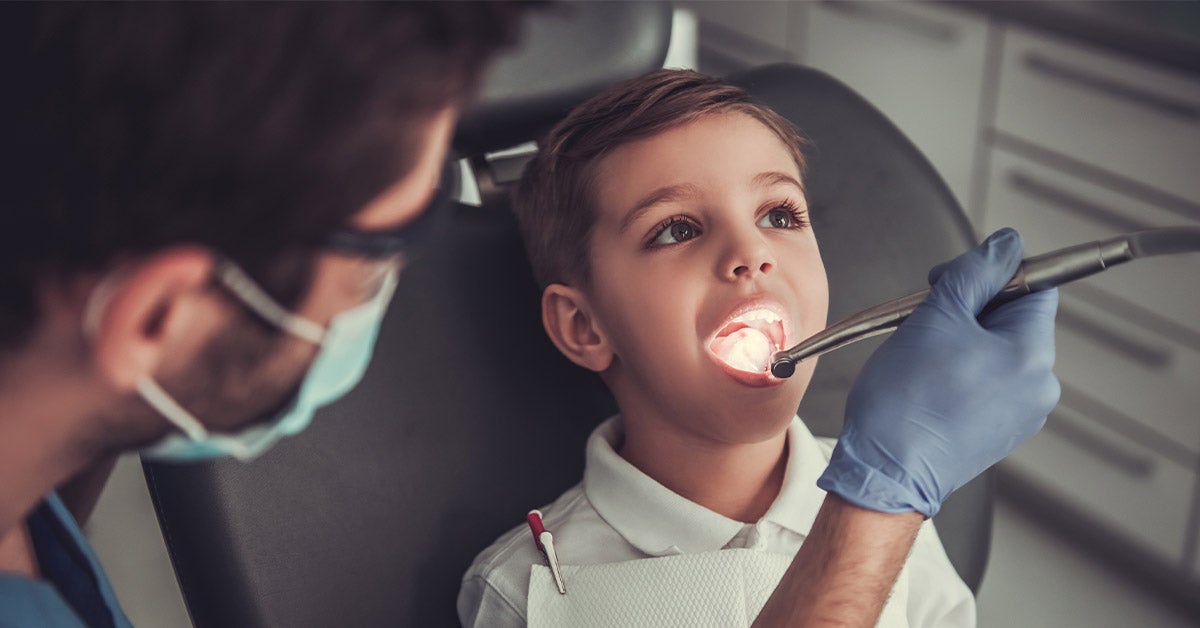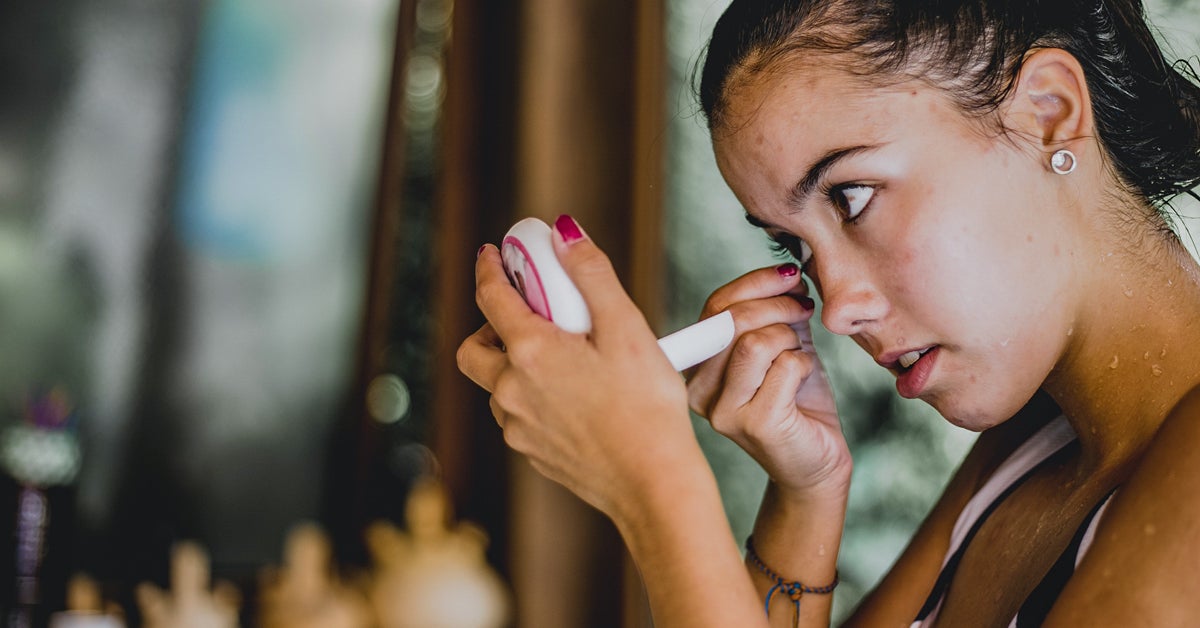Itchy, Swollen Vulva Without Discharge: Causes and Treatments

If your vulva is itchy and swollen but there is no discharge, there could be a few causes.
Most conditions that cause itchiness around the vulva also cause discharge, such as yeast infections. However, if you don't seem to have any discharge but still find it itchy, it might be caused by one of the following issues.
Contact dermatitis happens when your skin is irritated by a certain substance. The sensitive skin around your vulva could be irritated by a number of different things, including:
- lubricants
- latex condoms
- laundry detergents
- menstrual products, including scented pads
- douches, feminine sprays, or gels
- scented soaps, bubble bath, or body wash
The symptoms of contact dermatitis include:
- itching
- swelling
- rash
- hives
- tenderness
If you suspect you have contact dermatitis, the first step is to figure out what's causing it. Take away possible irritants one at a time. Once the irritant is gone, your symptoms should clear up in a matter of days.
Oral antihistamines can stop the itching. Hydrocortisone cream or calamine lotion can be applied topically to soothe your skin.
Caused by a virus called herpes simplex virus (HSV-2), genital herpes can be spread through bodily fluids such as saliva, semen, and vaginal secretions.
This sexually transmitted infection (STI) has a number of symptoms, including:
- blisters that might open, ooze fluid, or have a crusty covering
- itching and tingling in the affected area
- swollen lymph glands all over your body
- headaches
- fever
- body aches
There is no cure for herpes, but antiviral medication can help you manage the symptoms. Your symptoms might flare up when you're sick or stressed. If you think you may have herpes, contact your doctor.
An uncommon condition, lichen sclerosus is accompanied by white spots around your vulva.
Nobody is sure what causes lichen sclerosus. While it can't be cured, there are a few treatment options. Your doctor might prescribe corticosteroids, which reduce inflammation. If corticosteroids don't work, your doctor might have to prescribe immune-modulating medication for you.
Eczema can appear all over your body — even in your pubic area. Also called atopic dermatitis, eczema is characterized by:
- intense itching
- dry, flaky skin
- redness on the skin
Eczema can seemingly vanish and then flare up from time to time. The causes of the flare-ups differ from person to person, but eczema is often triggered by:
- stress
- illness
- changes in the weather
- allergic reactions
- certain foods
- certain substances, like laundry detergent, perfume, or lotions
- irritating fabrics
- sweat
- hormonal changes, such as pregnancy or menopause
If you have eczema, a doctor might be able to help you figure out what triggers it. They can also suggest ways to soothe your skin.
Pubic lice can cause intense itching in the genital area. While pubic lice is mainly spread through sexual contact, it can also be spread through bedding, towels, and clothing.
The symptoms of pubic lice can include:
- itching
- fatigue
- fever
- pale blue spots near the bites
- irritability
If you scratch the area, you could cause the skin to become irritated and even infected. It might also cause your vulva to appear or feel swollen.
Topical lice lotions and shampoos are available over the counter (OTC). While treating a lice infection, it's important to thoroughly clean and decontaminate your house. If OTC solutions don't work for you, you might need prescription medication.
When sweat collects in your pubic area, it may irritate the skin around your vulva, making it itchy.
You may sweat more if you wear tight underwear or if your underwear is made of synthetic material.
To reduce sweat-related itching, try the following:
- shower immediately after a workout
- wear loose-fitting cotton underwear
- avoid pantyhose and tight pants
It's possible to get a rash from shaving your pubic area. This rash can become itchy and inflamed, resulting in swelling around your vulva.
This is because the razor could pull the hair, causing irritated hair follicles. It could also scrape the skin.
You might also have a bad reaction to the shaving cream you use. It's also possible to experience itching and swelling after waxing your pubic area.
To avoid shaving rash, use shaving cream that's suitable for your sensitive skin. Always use a new, sharp razor, as a dull one can cause razor burn. Alternatively, trim your hair instead of shaving or waxing.
The treatment for a swollen and itchy vulva will depend on the cause. Treatments could include:
- antihistamines
- hydrocortisone cream
- antibiotics or antiviral medication
- prescription topical medication
If you're not sure how to treat it, it's a good idea to see your doctor for a diagnosis and treatment plan.
Certain home remedies can soothe the discomfort of having an itchy, swollen vulva.
Remember that these home remedies treat the symptoms, but can't always address the cause of the itchiness. In other words, if your itch is caused by something like genital herpes, these remedies may help but they're not a replacement for the prescription medication you might need.
Home remedies for an itchy vulva include:
- Take a baking soda bath. Add between 5 tablespoons to 2 cups of baking soda to your bath and soak in it for 10 to 40 minutes. Rinse yourself with fresh water afterwards. The National Eczema Association recommends this method for people with eczema.
- Use OTC topical creams. You can buy topical antihistamines and hydrocortisone cream at your local pharmacy. These can soothe itching caused by shaving, allergic reactions, and more.
- Take an oatmeal bath. Oatmeal is an anti-inflammatory that reduces dryness and itchiness. Add a half a cup of oatmeal to your tub and soak in it for 10 to 15 minutes. This is great for dry skin, eczema, contact dermatitis, and more.
- Use loose-fitting cotton underwear. Non-irritating, breathable fabrics will allow your skin to heal.
- Use a warm compress. Run a cloth under warm water and press it over your skin. Gently pat the area dry afterwards. This can be particularly helpful for a shaving rash.
There are a few things you can do to avoid an itchy, swollen vulva. The first step is to avoid anything that may irritate the sensitive skin in your pubic area, such as scented products, as these can cause contact dermatitis and vaginal infections.
- Always wash your vulva correctly. Warm water is the only thing you need. You don't need to use scented soaps or sprays. If you want to use soap, use mild soap, and only around the outside of your vulva, not in between the folds of skin.
- Never use douches. These irritate your vagina and vulva and can increase the risk of infection.
- Use mild lubricants without any added flavors or scents.
- Avoid shaving or waxing your pubic area if it tends to irritate your skin.
- Practice safer sex to avoid STIs.
- Use latex-free condoms if you have bad reactions to latex.
- Use a mild detergent to wash your underwear.
- Avoid tight underwear and stockings, as this can make you sweat. Loose, cotton underwear is always best.
If home remedies don't clear up the itchiness, or if it gets worse, see a doctor. You should also see a doctor if you suspect you have an STI.
Also see your doctor if the itching or swelling is accompanied by:
- white spots
- fever
- blisters
- swollen or sore lymph nodes
- body pains or headaches
In order to diagnose the cause, your doctor might discuss your symptoms with you. They also might want to perform a pelvic exam so that they can examine your skin and vulva. If they suspect you have lichen sclerosus, they might ask to do a skin biopsy.
Many causes of an itching and swollen vulva are easy to treat, such as sweating or shaving rash. Others are more serious and difficult to treat, such as genital herpes or lichen sclerosus. If home remedies aren't working for you, or if you have any worrying symptoms, talk to your doctor.
-
 6 interesting genetic traits that children will inherit from their parents
6 interesting genetic traits that children will inherit from their parents
-
 7 effects of asparagus on child development
7 effects of asparagus on child development
-
 Does cutting blood hair for babies bring good luck?
Does cutting blood hair for babies bring good luck?
-
 The more babies eat, the higher the height they develop, especially the second kind
The more babies eat, the higher the height they develop, especially the second kind
-
 Children with chicken pox should eat to quickly recover from the disease, without leaving a deep scar?
Children with chicken pox should eat to quickly recover from the disease, without leaving a deep scar?
-
 The more food is cooked, the better it can be for health, especially the second type
The more food is cooked, the better it can be for health, especially the second type
-
 Pulpectomy Procedure, Cost, Recovery, and Comparison to Root Canal
Pulpectomy Procedure, Cost, Recovery, and Comparison to Root Canal
-
 What to Eat During Your Period: Fish, Leafy Greens, Yogurt, and More
What to Eat During Your Period: Fish, Leafy Greens, Yogurt, and More
-
 Are These 10 'Health Halo' Foods Actually Better for You?
Are These 10 'Health Halo' Foods Actually Better for You?
-
 Here's the Scoop on Your First Post-Labor Poop
Here's the Scoop on Your First Post-Labor Poop
-
 Proprioception: What It Is, Problems, Diagnosis, Treatment & More
Proprioception: What It Is, Problems, Diagnosis, Treatment & More
-
 Sleeping with Contacts In: Just How Bad Is It for Your Eyes?
Sleeping with Contacts In: Just How Bad Is It for Your Eyes?































